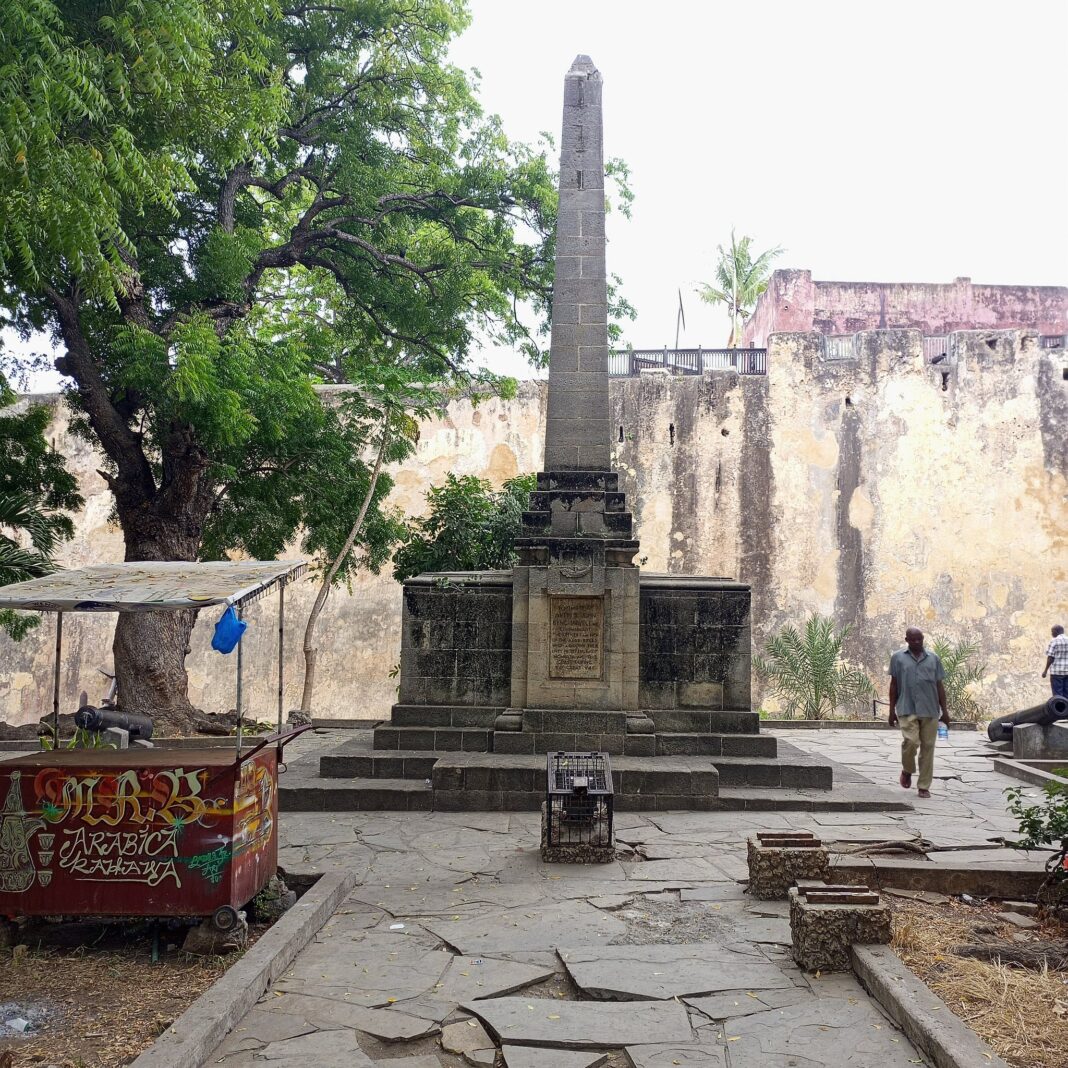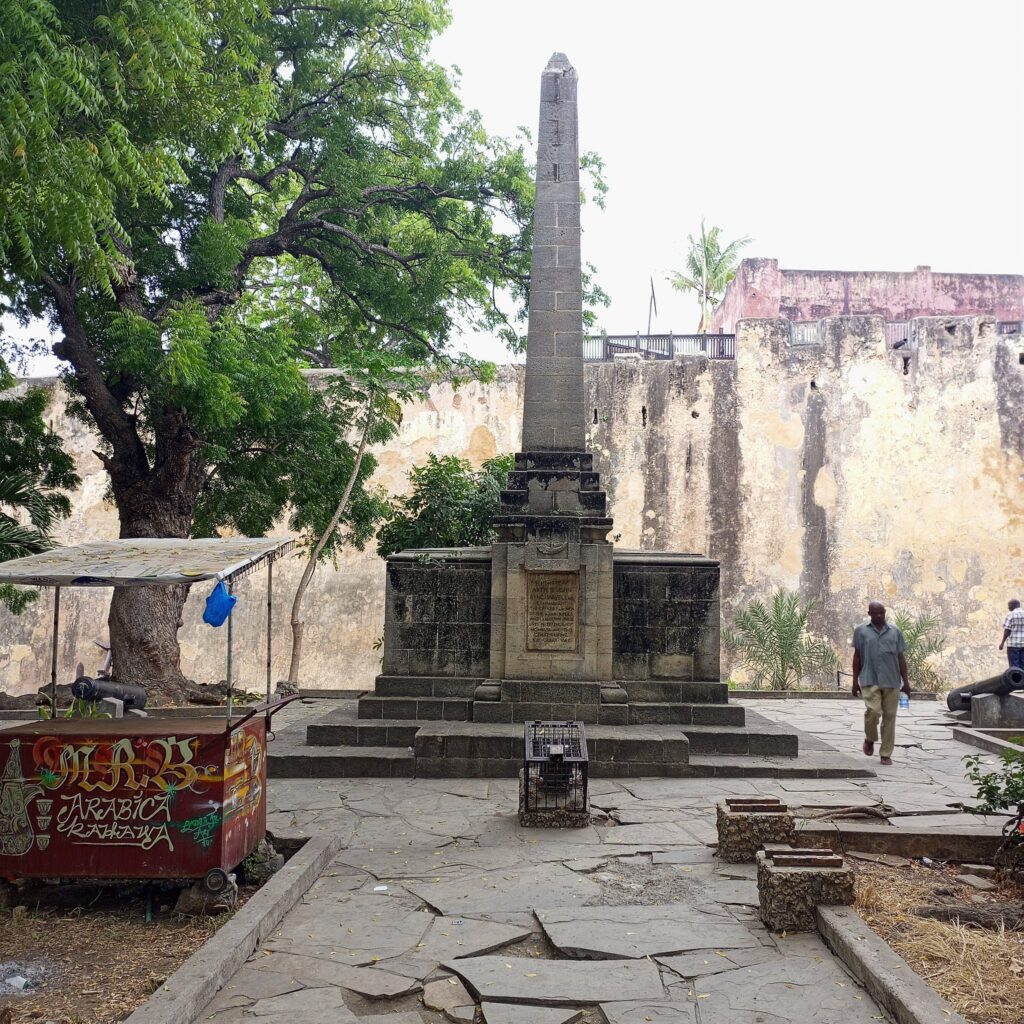
Outside Fort Jesus stands this obelisk to Commandant Arthur John Byng Wavell, his officers and men of the Arab Rifles who died in defence of Mombasa during World War 1. Wavell was so fascinated by Islam while in Mombasa, that he travelled to Makkah with a fake passport. A product of the Royal Military College, Sandhurst, Wavell resigned his commission in 1906 to move to British East Africa for big-game hunting. Later, he and others acquired vast tracts of land in Nyali to form Nyali Sisal Estate Ltd, a sisal plantation. Already an accomplished linguist, he learnt Kiswahili and Arabic fairly quickly. With that foundation laid, he took great interest in Islam practised in Mombasa. Ironically, his maternal grandfather was a Reverend. Then came the desire to undertake the pilgrimage to Makkah.
In 1908, he went to London and set off from there using the alias Ali bin Muhammad, a Zanzibari with a Turkish passport. With him was Masaudi, a Swahili from Mombasa. After Makkah, Wavell returned to Nyali and wrote a travelogue ‘A Modern Pilgrim in Mecca and a Siege in Sanaa’. The travelogue portrays Masaudi’s charity. Wavell wrote, “Masaudi had expended the whole of his small savings in charitable donations, and Abdul Wahid (a companion they met in Marseille) had got rid of all he had brought long before…so that I could look for no help from them”.
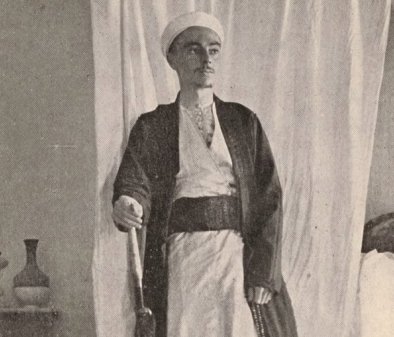
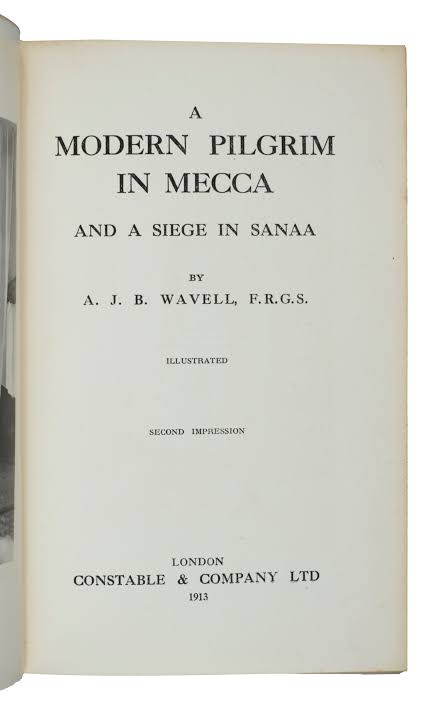
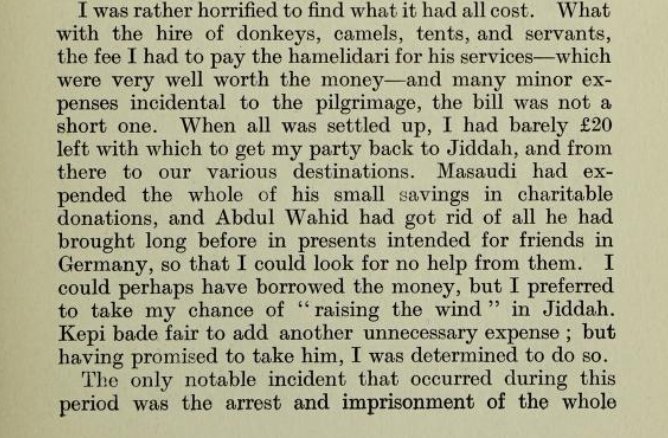
When war broke out, Wavell a member of the Special Reserve of the Welsh Regiment tried to rejoin his regiment in England but was deemed important in Mombasa’s defence. He raised a force of 150 Arabs in defence of the railway. They became known as Arab Rifles or Wavell’s Own. His appreciation of the culture earned him loyalty from the Arab Rifles and made him an efficient Commander. He built a fortified observation post at Mwele Mdogo in Shimba Hills. It was in that viscinity that Wavell, his officers and around 30 Arab Rifles fell to a German ambush.
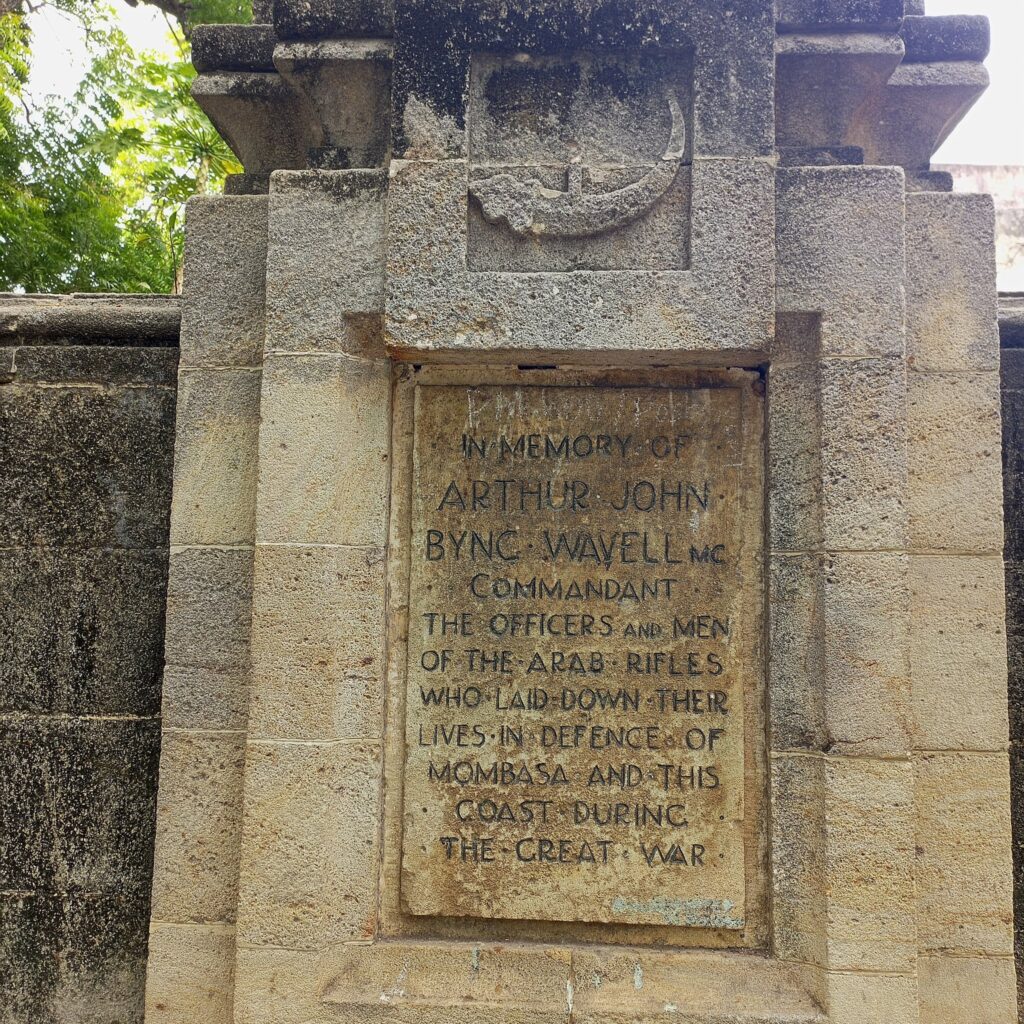
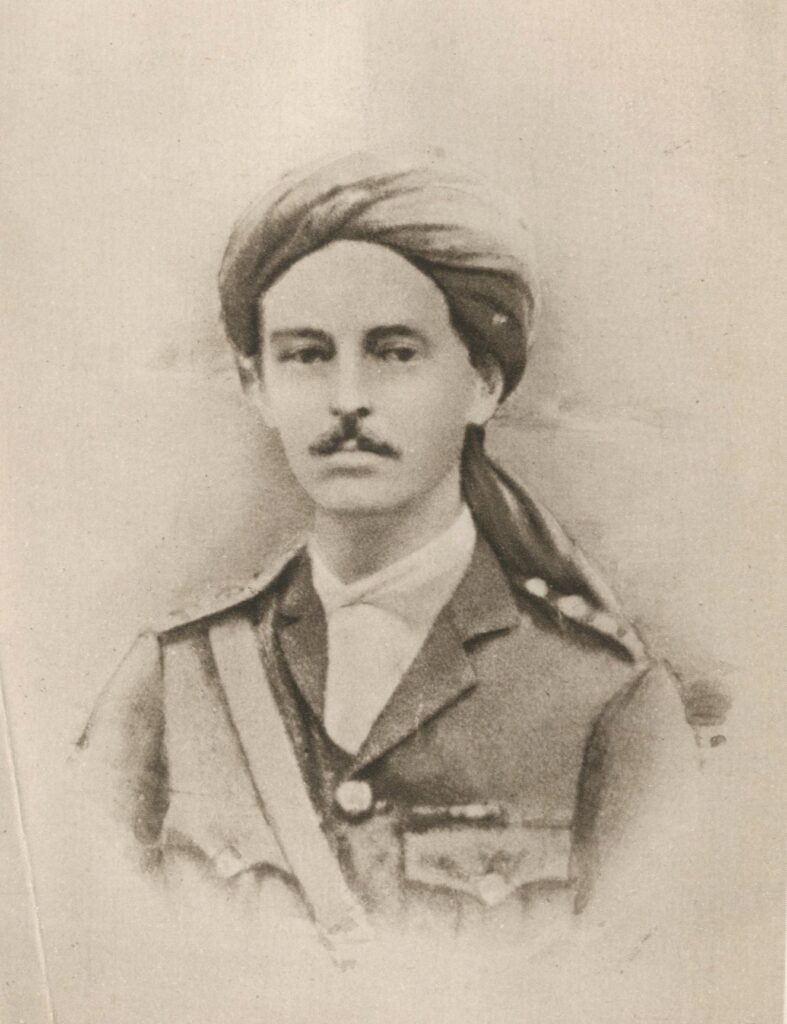
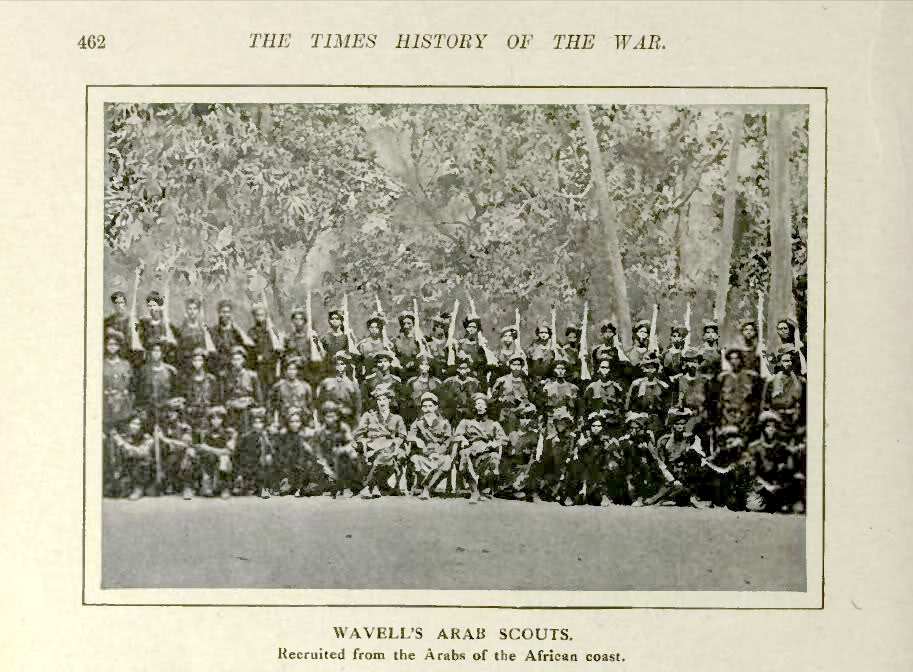
Kenya Battlefields describes their impact as “There can be little doubt that for a brief period, from August 1914 to January 1916, it was principally on account of Wavell and Wavell’s Arabs that Mombasa, with its port and railway terminus, remained unoccupied by German forces.”
SUPPORT: We are a non-funded entity kept alive solely by our readers’ thirst for the undocumented and not adequately documented aspects of our past. The logistics of getting these stories can sometimes be a challenge. We would appreciate your support. To support Pwani Tribune’s history and culture research plus content creation…M-PESA till number: 8627478 Contact: +254726860693


